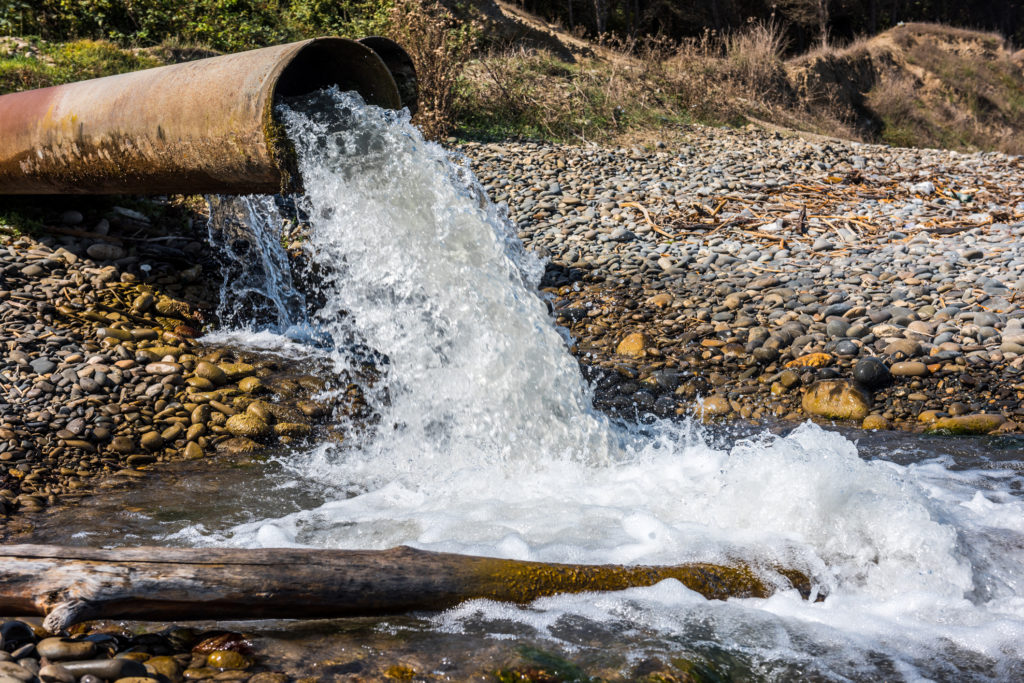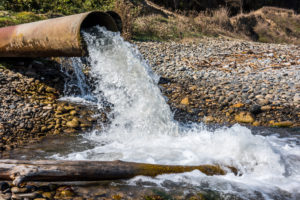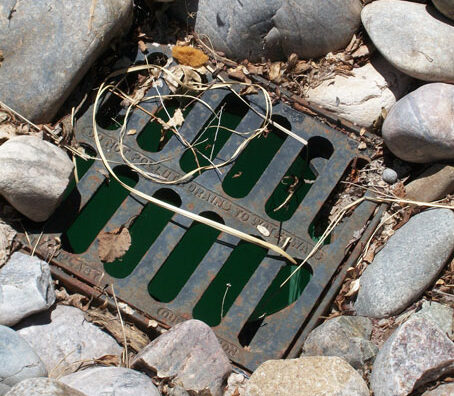 Buildings and pavement contain a large amount of pollution, including oil, fertilizers, cleaning agents, road salts, pesticides, heavy metals, grease, dirt, etc. When rain falls, or snow melts, these pollutants seep into the soil or are carried into surrounding streams and rivers.
Buildings and pavement contain a large amount of pollution, including oil, fertilizers, cleaning agents, road salts, pesticides, heavy metals, grease, dirt, etc. When rain falls, or snow melts, these pollutants seep into the soil or are carried into surrounding streams and rivers.
This runoff severely impacts regional water quality and exposes vegetation, wildlife, and aquatic habitats to pollutants that can negatively affect the ecosystem. Thus, controlling stormwater and diverting it safely away from streams, rivers, and lakes is essential for protecting the environment’s health.
Ways To Prevent Polluting Your Local Water Sources
Businesses have a duty of care to the community, including capturing, containing, and conveying stormwater before it reaches the local water supply. At iSTORMWATER, our solutions are designed to meet your needs and comply with all applicable environmental regulations.
There are many strategies and solutions businesses can utilize to protect local water sources. These include:
- Aboveground facilities: These include stormwater management pounds, bio-retention facilities, infiltration basins, sand filters, and extended detention facilities.
- Belowground facilities: These include storm filters, detention facilities, the Aqua-Swirl stormwater treatment system, and Baysaver Technologies.
- Preventative stormwater maintenance: Maintaining your stormwater management systems entails inspecting, tuning, repairing, and assessing the effectiveness of your existing stormwater management systems.
- Flood mitigation: Floods are increasingly common throughout the region. Implementing an effective flood mitigation plan will protect your property from damage and prevent the release of toxic runoff into the water supply.
What Is Stormwater Runoff?
Businesses are responsible for the runoff from their property and can face significant fines and penalties for failing to manage it in a code-compliant manner. Stormwater from rain or snowmelt can flow from paved streets, parking lots, rooftops, and other surfaces. As it flows across impervious surfaces, the runoff will pick up trash, chemicals, sediment, debris, and other hazardous waste that can pollute local waterways. Preventing it from reaching rivers, streams, and lakes helps protect ecosystems throughout Virginia, Maryland, DC, and the regional water supplies that local communities depend on.
5 Common Pollutants From Stormwater
Many pollutants can flow from urban areas into the region’s water supply. Some of the most common pollutants in the area include:
- Sediment: Sediment negatively impacts water quality and is one of the most important pollutants to contain. Excessive sediment can increase water temperature, dislodge plants from stream beds, and transport heavy metals, VOCs, and many pathogens. It also reduces visibility, making it harder for animals to find food and for vegetation to grow.
- Oil and grease: Oil and grease spread over the water’s surface. This stops oxygen from reaching plants and animals. It effectively prevents photosynthesis and significantly impairs the health of marine ecosystems.
- Pesticides: Pesticides can cause abnormalities and mutations within aquatic life. Exposure can damage organs, including the liver, kidney, and brain, and is a known cause of mass fish die-offs throughout the country.
- Road salts: Contamination from road salts can raise sodium and chloride levels within waterways. Exposure can kill fish, insects, and many amphibian species.
- Heavy metals: Lead, copper, arsenic, fluoride, and cadmium are common heavy metals found in runoff. Once within the waterway, these heavy metals can cause extensive damage to the kidneys and brains of aquatic wildlife.
Why Stormwater Management Is Essential for Water Purity
Our 24/7 stormwater services are customized to meet your needs and ensure your property has the effective stormwater management required by applicable state and federal codes. We maintain the certifications required to ensure effective protection, including Erosion and sediment Control Certification, Stormwater Management Inspector Certification, and Stormwater Maintenance Facility Contractor Certification.
We offer upfront inspections, clear explanations, and detailed cost estimates. We guarantee our work will deliver lasting results and will always be completed by certified engineers and project staff.
Contact iSTORMWATER to schedule stormwater management services in Maryland, Virginia, and the DC metro area today!


 For businesses and commercial sites, managing stormwater is a necessity. Stormwater management is critical in protecting our infrastructure and environment from the potentially devastating effects of uncontrolled runoff. The storm filter catch basin offers a straightforward, state-of-the-art solution to a complex problem.
For businesses and commercial sites, managing stormwater is a necessity. Stormwater management is critical in protecting our infrastructure and environment from the potentially devastating effects of uncontrolled runoff. The storm filter catch basin offers a straightforward, state-of-the-art solution to a complex problem.